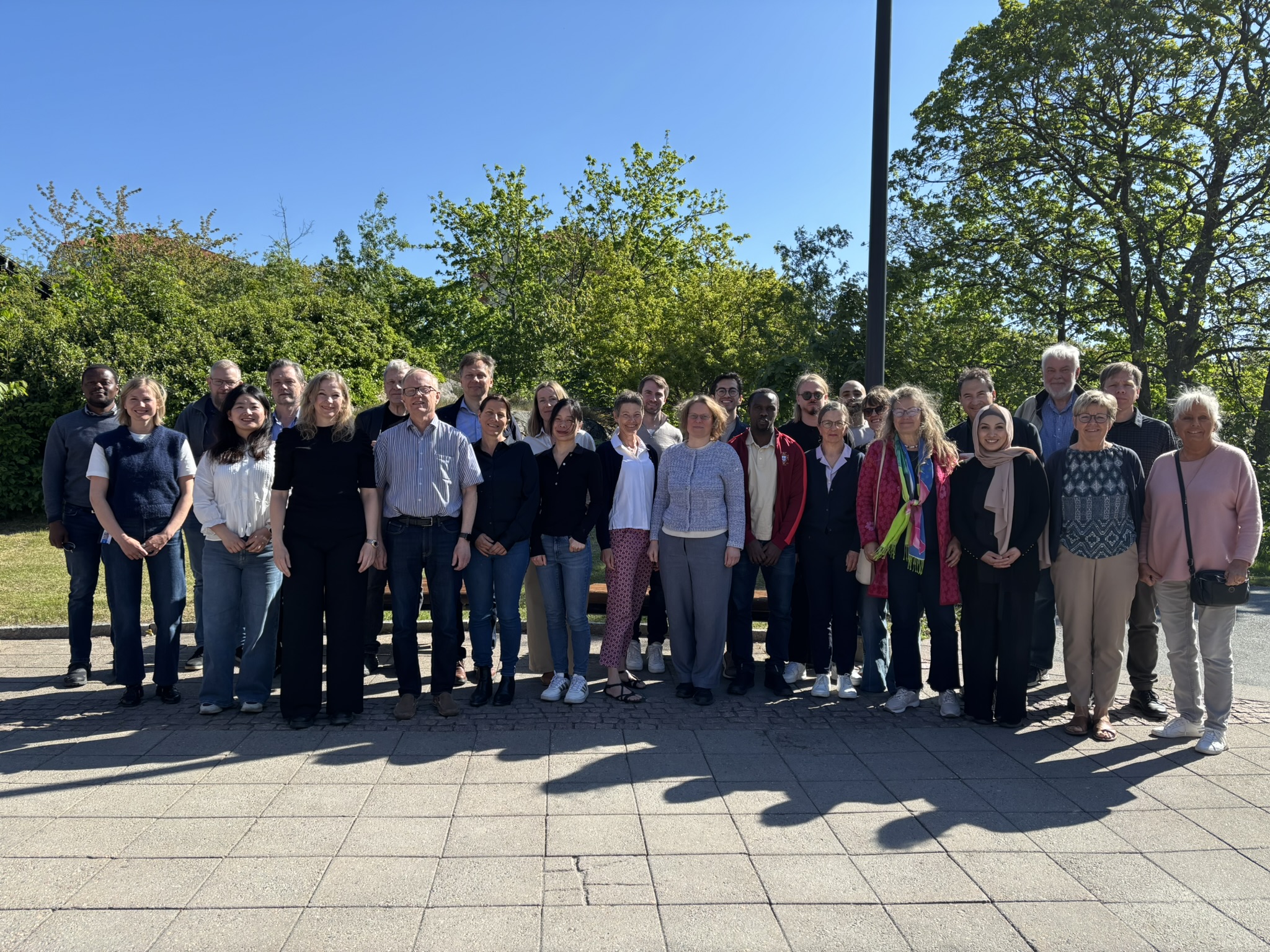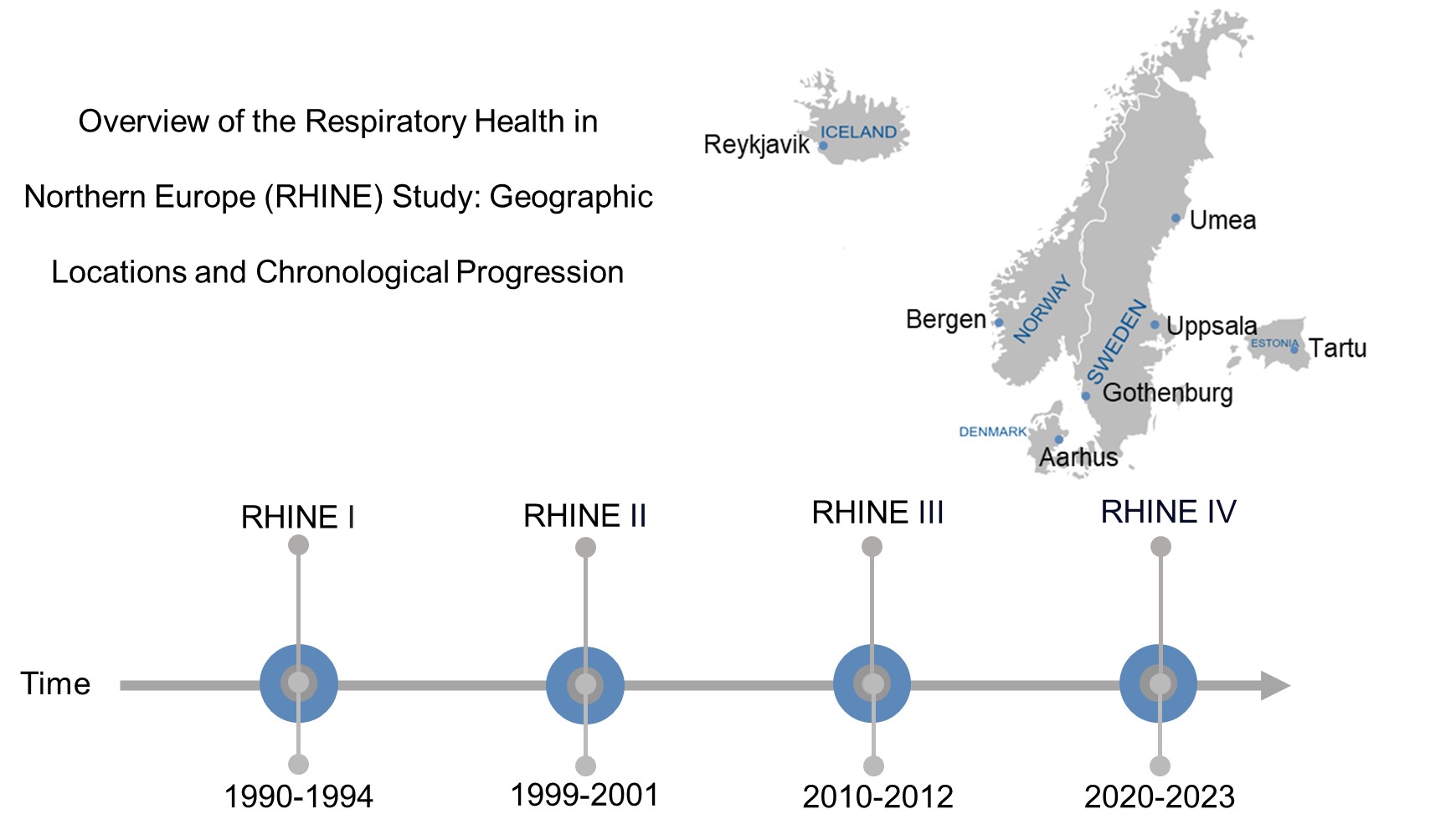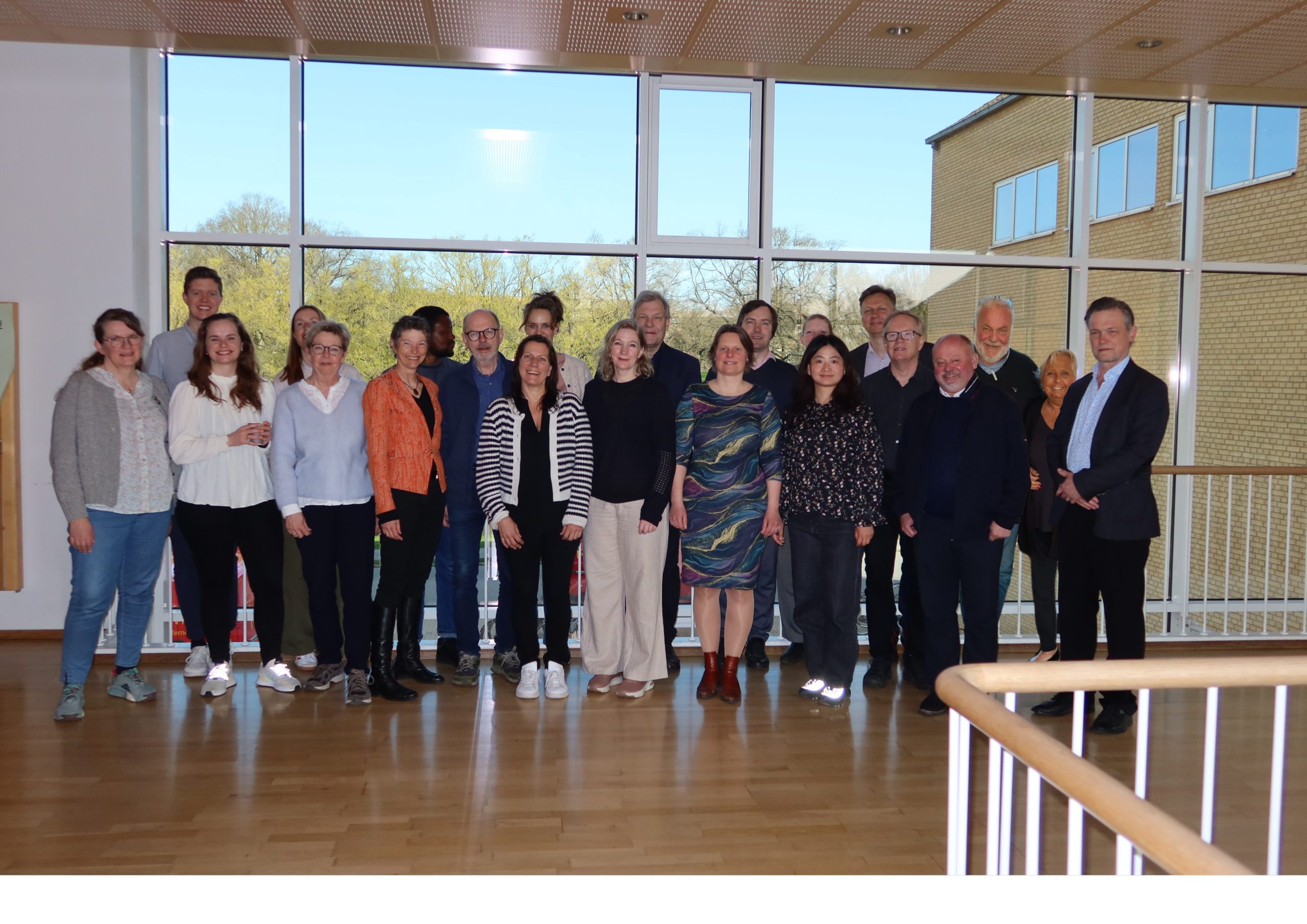The Gothenburg center of the Respiratory Health in Northern Europe (RHINE) study hosted this year’s annual meeting on 14–15 May 2025.

RHINE partners gathered in Gothenburg this May for the 2025 annual meeting, sharing updates and exchanging ideas on current and future research. Also, numerous other researchers gathered, as the meeting was a combined annual meeting for the RHINE and RHINESSA studies as well as for the EPHOR and Life-GAP international research projects.
The first day of the meeting focused on RHINESSA, the multigenerational extension of the RHINE study. The second day highlighted the original RHINE cohort, a longitudinal study that has followed participants for over 30 years. The most recent data collection, carried out between 2020 and 2023, is already being used in several ongoing projects.
Current analyses using RHINE data cover a wide range of topics, including night shift work and respiratory health, smoking cessation trends, indoor dampness, sexual function and obstructive sleep apnea, environmental exposures and their association with COVID-19 infection, as well as links between environmental exposures and chronic diseases such as diabetes and hypertension. Other projects investigate prognostic patterns of wheezing and the relationship between voice problems and chronic cough.
Looking ahead, one important focus is the further development of an occupational exposure matrix based on RHINE data. This will enable more detailed analyses of work-related exposures as well as support future research on socioeconomic risk factors for development of chronic diseases.
These research activities reflect both the continuity of RHINE’s focus and the growing potential of its long-term dataset.
The meeting provided a valuable opportunity for discussion, reflection, and collaboration among centers. As work progresses, RHINE remains an important platform for advancing knowledge on respiratory health across the Nordic region.
The meeting ended with a wrap-up and plenary discussion on future analyses, led by Professor Ane Johannessen from the University of Bergen, coordinator of the RHINE study from the fourth stage onward, together with Professor Christer Janson from Uppsala University, who coordinated the RHINE study during its first three stages. The next annual RHINE meeting will be held in Bergen, Norway, in 2026.



